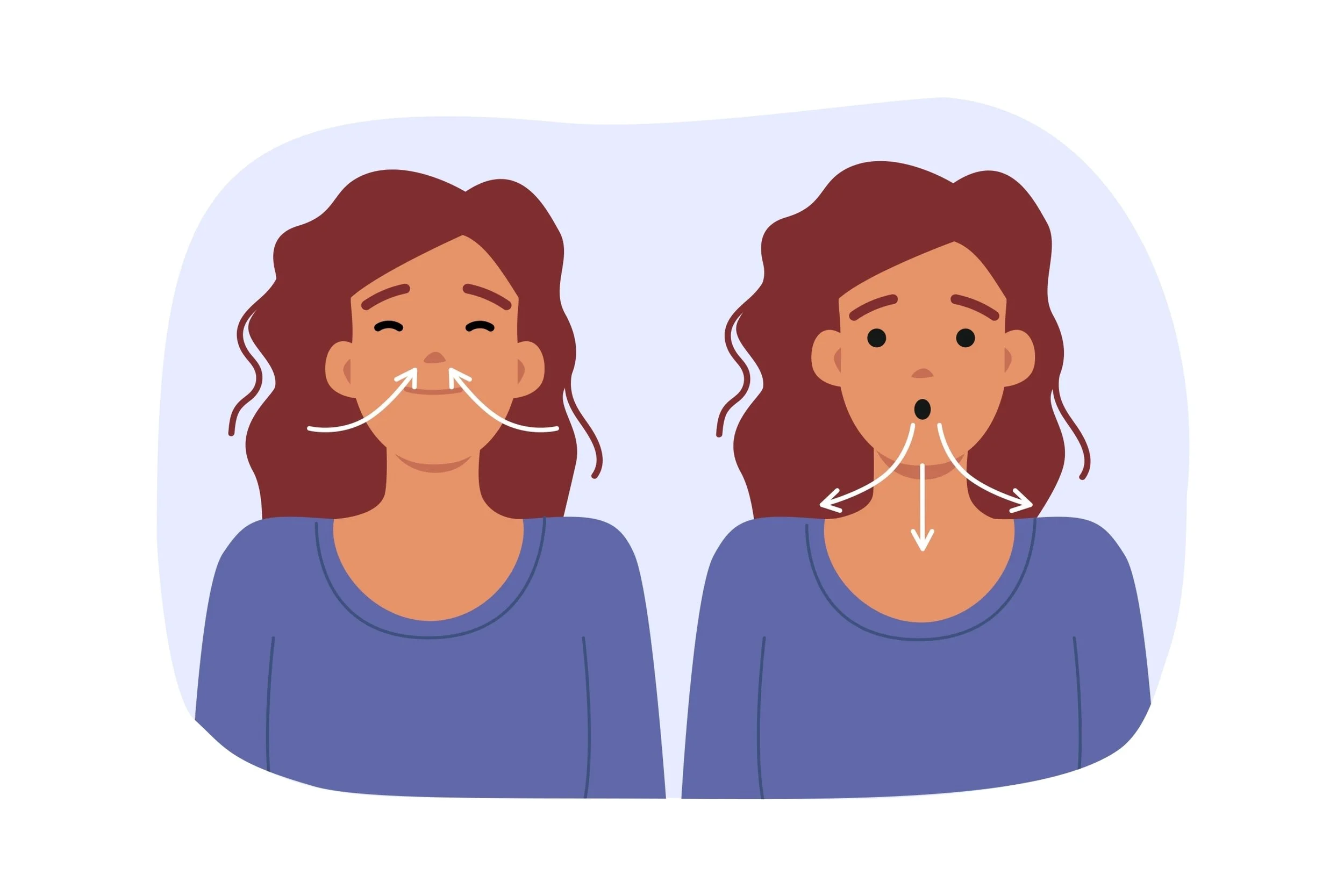The Breathing Mistakes That Are Secretly Ruining Singers' Voices
Does your voice get tired after just a few songs?
Do you feel like you're working harder with your breathing but still sound strained? You're not alone—and it's probably not your fault.
After years of working with singers and studying voice science, I've discovered something shocking: most of the breathing advice singers follow is actually damaging their voice.
The techniques your teacher swears by, the exercises you practice religiously, the "support" you've been taught to create—they might be the very reason your voice feels tired and strained.
The Problem with Traditional Breathing Advice
Here's what no one wants to admit: the breathing "rules" most singers follow were never based on how your voice actually works.
For decades, singers have been taught to:
Force diaphragmatic breathing
Engage their core muscles for "support"
Take huge, deep breaths before singing
But here's the truth: These techniques often create more problems than they solve.
The #1 Mistake That's Damaging Your Voice
The biggest mistake I see singers make? Over-engaging their abdominal muscles.
When you forcefully push with your core or abs for "support," you're creating excessive pressure below your vocal folds. This pressure forces your vocal folds to work harder, leading to:
Vocal fatigue after just a few songs
That strained, tight feeling in your throat
Inconsistent tone quality
Long-term vocal damage
Signs you might be over-engaging:
Your stomach feels hard or tight while singing
You feel like you're "pushing" air out
Your voice gets tired quickly despite "good technique"
What Actually Works Instead
Here's what might surprise you: the singers who can perform consistently without vocal fatigue aren't working harder with their breathing—they're working smarter.
The key is understanding something most voice teachers don't teach: your vocal folds control airflow, not your abs.
Instead of forcing breath control with abdominal effort, healthy singing focuses on vocal fold coordination. This creates:
Effortless stamina
Consistent tone quality
No vocal fatigue
Long-term vocal health
A Simple Test to Try Right Now
Want to feel the difference immediately? Try this:
Place one hand on your stomach
Sing a phrase while keeping your stomach muscles soft and relaxed
Notice how different this feels from your usual "support"
Most singers are amazed at how much easier singing becomes when they stop fighting their own body.
The Science Behind Healthy Singing
Your vocal folds are incredibly sophisticated. They can adjust their contact and thickness to control exactly how much air flows through them. When you understand how to work with this natural system instead of against it, singing transforms from hard work to effortless expression.
What You Can Do Today
The most important change you can make right now? Stop over-engaging your abdominal muscles.
Instead of forcing "support" with your abs, focus on:
Standing with confident, proud posture
Keeping your stomach muscles relaxed
Allowing your breath to respond naturally to what your voice needs
This single adjustment can dramatically improve how your voice feels and sounds.
The Complete Picture
Of course, there's much more to healthy breathing than just relaxing your abs. There are actually three major breathing mistakes that most singers make—and specific techniques to replace them with.
Understanding how your vocal folds really control airflow, when your abs should actually engage (hint: almost never), and how to match your breathing to different vocal tasks can completely transform your singing.
Want the complete guide? I've put together everything you need to know about breathing for singers—what's harming your voice, what actually works, and the science behind it all.
[Download The Essential Breathing Guide (Free) →]
This comprehensive guide reveals:
All 3 breathing mistakes that damage your voice
The exact techniques professional singers use instead
Why traditional "support" creates more problems than it solves
Simple self-checks to know if you're breathing in a way that protects your voice
Your Voice Deserves Better
You didn't train for years to struggle with your breathing. You deserve to sing with the ease and stamina you see in professional performers.
The truth is, healthy singing isn't about working harder—it's about working with your voice's natural design.
Stop fighting your voice. Start working with it.
